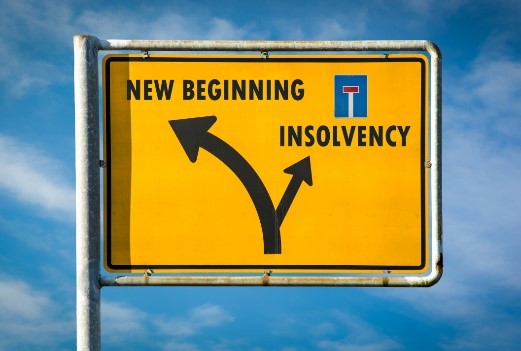Cross-border insolvency is a complex legal area that deals with cases where insolvent debtors have assets or creditors in more than one country. In the context of the United Kingdom, managing cross-border insolvency cases involves navigating international laws, treaties, and agreements to ensure a fair and efficient resolution for all parties involved.
The United Kingdom’s approach to cross-border insolvency is primarily governed by the UNCITRAL Model Law on Cross-Border Insolvency, which the UK adopted in 2006 through the Cross-Border Insolvency Regulations. This framework aims to provide a comprehensive and unified legal regime for dealing with cross-border insolvency cases.
One of the fundamental principles underlying the UK’s approach to cross-border insolvency is cooperation and recognition of foreign proceedings. The UK recognizes foreign insolvency proceedings that meet certain criteria, allowing foreign representatives to apply for recognition in British courts. Once recognized, these representatives can act within the UK to protect the assets and interests of creditors in the foreign jurisdiction. This recognition promotes a more streamlined process, as it avoids duplicative proceedings and conflicting judgments in different countries.
Additionally, the UK is a party to the European Insolvency Regulation (EIR), which facilitates the recognition of insolvency proceedings across EU member states. However, it’s important to note that the UK’s participation in the EIR was affected by Brexit, leading to changes in the legal landscape. The UK’s relationship with the EU regarding cross-border insolvency matters is now governed by the UK-EU Trade and Cooperation Agreement.
In practical terms, cross-border insolvency cases in the UK involve close collaboration between insolvency practitioners, creditors, and the courts. Insolvency practitioners play a crucial role in communicating and cooperating with their foreign counterparts to ensure a coordinated approach. Creditors, especially those with international interests, need to be aware of the recognition procedures and their rights in cross-border insolvency cases.
The UK’s legal system recognizes the importance of balancing the interests of local creditors with the need to facilitate international commerce. By providing a framework for cooperation and recognition, the UK aims to handle cross-border insolvency cases in a manner that is fair, transparent, and conducive to the orderly resolution of financial distress, regardless of national boundaries. However, given the evolving nature of international relations, it’s essential for stakeholders to stay updated on legal developments and seek expert advice when dealing with cross-border insolvency matters involving the UK.
For further information on this topic or on any other legal area, please contact John Szepietowski or Kay Stewart at Audley Chaucer Solicitors on 01372 303444 or email admin@audleychaucer.com or visit our LinkedIn page at https://www.linkedin.com/company/audley-chaucer-solicitors
October 2023
Molly Ross
Audley Chaucer Solicitors
